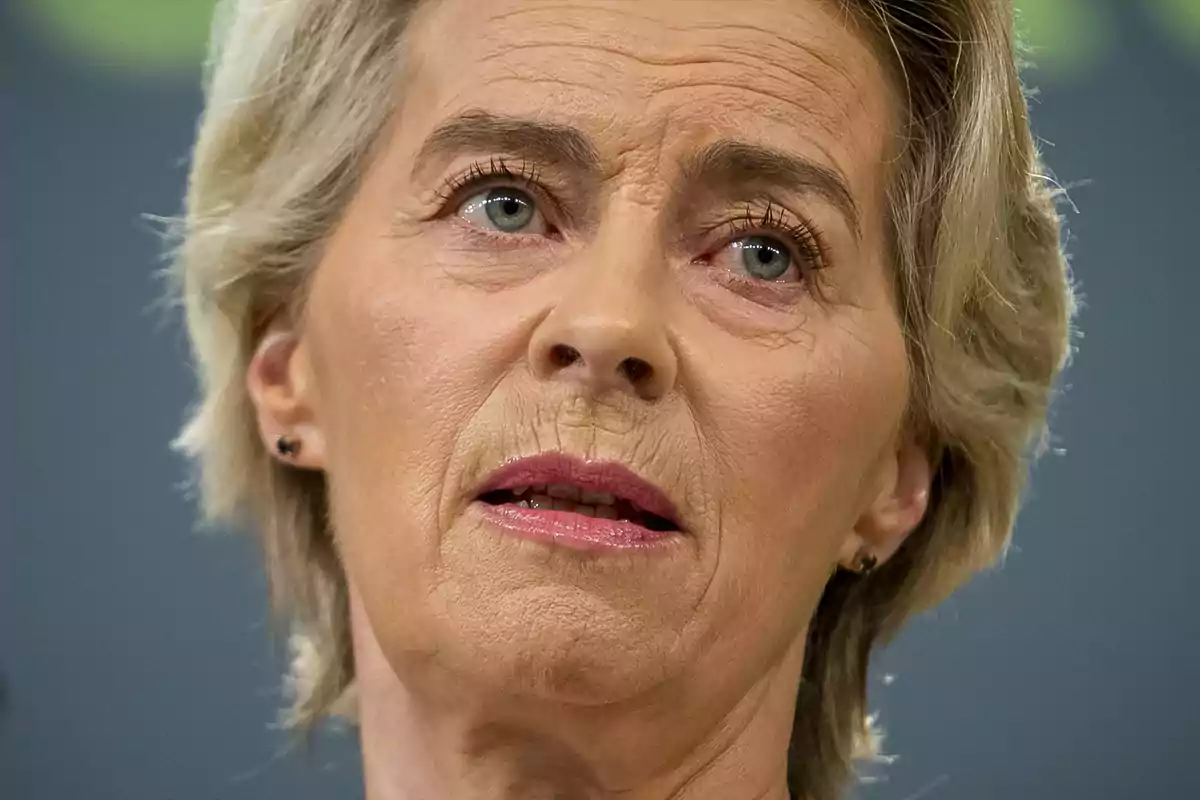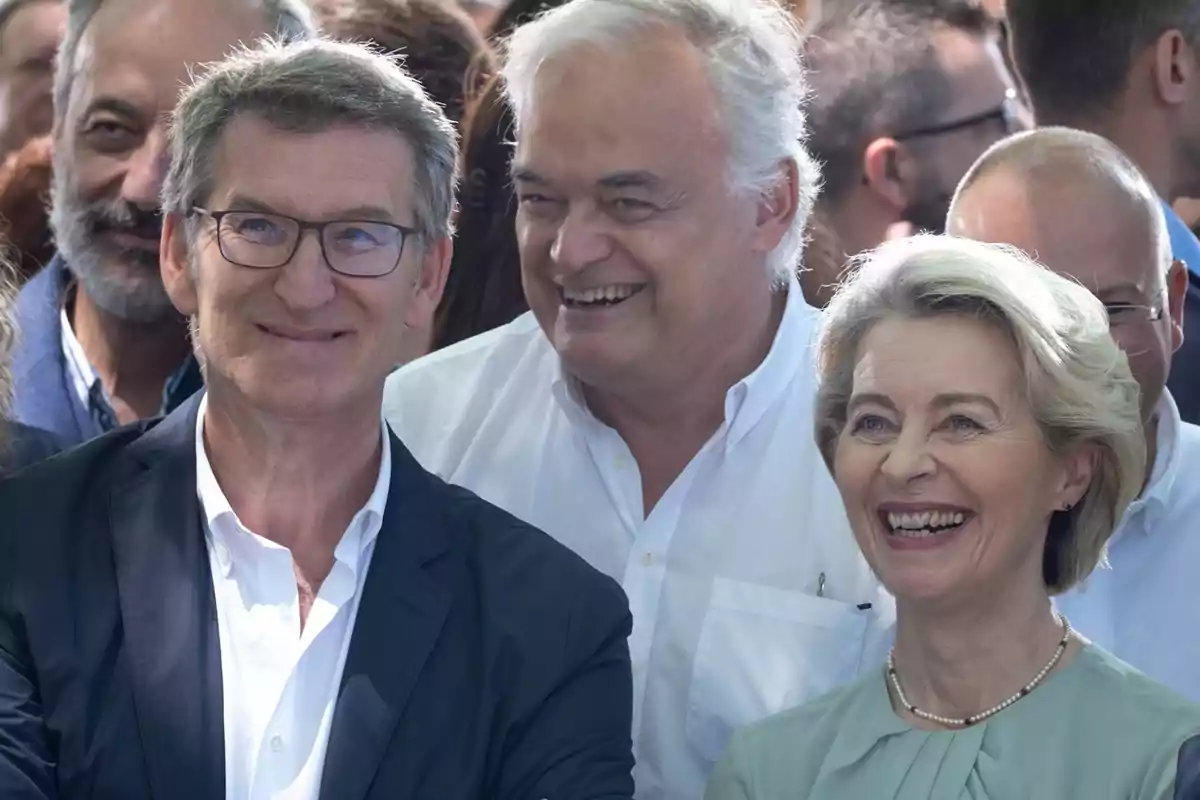
Von der Leyen's Favor to the Arms Companies
The European Commission also wants to create a package of customized tools so each European capital can adapt its defense policy
The President of the European Commission, Ursula von der Leyen, has proposed a significant change in the European Union's fiscal policies. During her speech at the Munich Security Conference, Von der Leyen emphasized that the EU needs a bold approach to increase investment in defense.
Von der Leyen recalled that EU member states currently allocate about 2% of their Gross Domestic Product to defense spending. This figure has increased from just over 200 billion euros before the conflict in Ukraine to more than 320 billion euros in 2024.
Additionally, the president stressed that a significant increase is needed, aiming to exceed 3% in the near future.
According to Von der Leyen, moving from 2% to 3% will represent a considerable annual investment, which justifies the need for a flexible approach to adapt the EU's fiscal rules. The proposal to activate the "escape clause," previously used during the COVID-19 pandemic, has caused controversy.
This clause allowed EU countries to temporarily suspend fiscal rules, such as the 3% deficit and 60% debt limits, to manage extraordinary expenses arising from the health crisis.

Similarly, Ursula von der Leyen sees the current situation as a justification for a temporary relaxation of fiscal rules, favoring greater investment in defense.
The president's goal is to allow member countries to increase their defense spending without the usual fiscal constraints. The proposal includes measures tailored to the specific needs and contexts of each country. Von der Leyen emphasized that member states could increase their defense budgets in a "controlled and conditioned" manner to avoid fiscal imbalances.
The European Commission also wants to create a package of customized tools for each European capital to adapt its defense policy. These measures would be essential to boost the necessary investment and meet NATO's objectives, which set a minimum spending of 2% of GDP on defense.
Moreover, the relaxation of fiscal rules would not only benefit countries with low levels of defense spending but also those that have met the targets.
More posts: